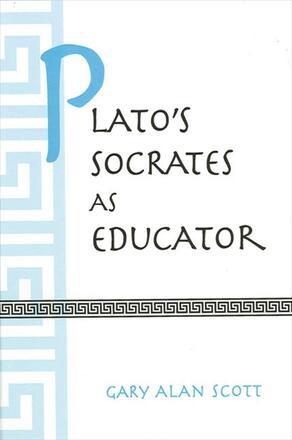
Plato's Socrates as Educator
Alternative formats available from:
Examines and evaluates Socrates' role as an educator in Plato's dialogues.
Description
Despite his ceaseless efforts to purge his fellow citizens of their unfounded opinions and to bring them to care for what he believes to be the most important things, Plato's Socrates rarely succeeds in his pedagogical project with the characters he encounters. This is in striking contrast to the historical Socrates, who spawned the careers of Plato, Xenophon, and other authors of Socratic dialogues. Through an examination of Socratic pedagogy under its most propitious conditions, focusing on a narrow class of dialogues featuring Lysis and Alcibiades, this book answers the question: "why does Plato portray his divinely appointed gadfly as such a dramatic failure?"
Gary Alan Scott is Assistant Professor of Philosophy at Saint Peter's College.
Reviews
"This book is exceptionally important and useful. It combines three things usually found separately (if at all): sensitivity to the dialogues as integrities of drama and argument; a clear philosophical understanding of the issues relating to human freedom; and a thorough appreciation of the complexity and subtlety of Socrates as an educator. The discussions work together thematically, and are also interesting just as interpretations of the three dialogues. The book is an exceptionally important and useful work. " — W. Thomas Schmid, author of Plato's Charmides and the Socratic Ideal of Rationality